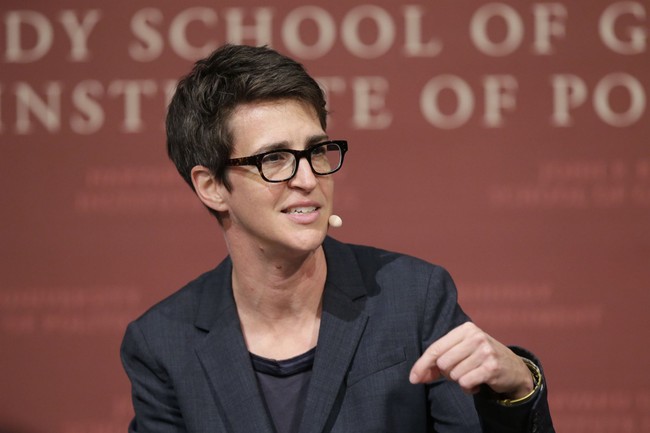A federal judge in New York dismissed a lawsuit on Thursday against OpenAI, which was filed by news outlets Raw Story and AlterNet, claiming their content had been used without permission to train OpenAI’s large language models.
U.S. District Judge Colleen McMahon ruled that the plaintiffs could not demonstrate sufficient harm to support the lawsuit but left room for them to submit an amended complaint, despite her doubts about the viability of their claims.
BREAKING . . . AND HUGE: A ruling just made by SDNY Judge Colleen McMahon dismissing @RawStory v @OpenAI (w/o prejudice) has enormous positive ramifications for #GenAI defendants in the District and potentially beyond. Here’s why it may be seismic:https://t.co/kBfmHg4uEJ pic.twitter.com/ICTFBqAsRf
— Adam Eisgrau (@AdamEisgrau) November 7, 2024
Trump Surges To Victory – Get the Ultimate Trumpinator Bobblehead To Celebrate 2024!
The lawsuit, filed in February, alleged that OpenAI used thousands of articles from Raw Story and AlterNet to train ChatGPT without authorization.
The plaintiffs argued that OpenAI’s model could reproduce their copyrighted material upon request, which they claimed infringed on their rights.
However, the case differs from other recent lawsuits against OpenAI, as Raw Story and AlterNet’s complaint focused on the removal of copyright management information (CMI) from their articles rather than direct copyright infringement.
Judge McMahon found that the harm cited by the outlets did not meet the threshold required for the lawsuit, stating that the plaintiffs’ injury was tied more to the “use of Plaintiffs’ articles to develop ChatGPT without compensation” than the removal of CMI.
She explained that the cited harm did not elevate the claims to a level warranting legal action, adding, “Whether there is another statute or legal theory that does elevate this type of harm remains to be seen.”
Raw Story, which acquired AlterNet in 2018, was represented by attorney Matt Topic of Loevy + Loevy.
Topic expressed confidence in addressing the court’s concerns through an amended complaint. “We are certain we can address the concerns the court identified through an amended complaint,” Topic stated.
An OpenAI spokesperson responded to the dismissal, asserting that the company uses “publicly available data, in a manner protected by fair use and related principles, and supported by long-standing and widely accepted legal precedents.”
The spokesperson reiterated that OpenAI’s methods are compliant with established legal standards.
The lawsuit joins a wave of similar actions against AI companies by authors, artists, and media organizations who allege misuse of copyrighted data in generative AI systems.
In December, The New York Times filed a related suit, marking the first case from a major media outlet against OpenAI.
The dismissed case, Raw Story Media v. OpenAI Inc., was filed in the U.S. District Court for the Southern District of New York under case number 1:24-cv-01514.
The opinions expressed by contributors and/or content partners are their own and do not necessarily reflect the views of LifeZette. Contact us for guidelines on submitting your own commentary.
Read the full article here







![ICE Nabs Terror-Linked Illegal Alien Wanted for Grenade Attacks in California [WATCH] ICE Nabs Terror-Linked Illegal Alien Wanted for Grenade Attacks in California [WATCH]](https://www.rvmnews.com/wp-content/uploads/2025/04/2025.04.04-11.56-rvmnews-67efc909b524a.jpg)


